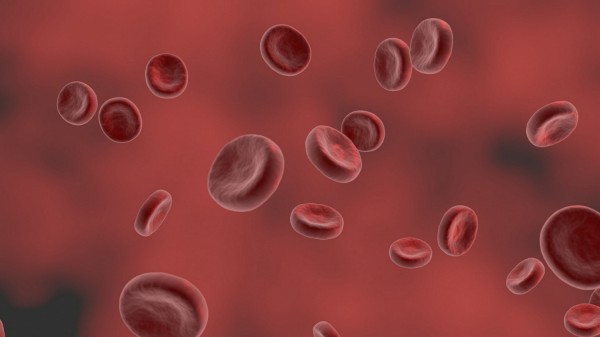Surprising Benefit of Clonal Hematopoiesis in Allogenic Transplants, Revealed by Research
Being diagnosed with cancer can be devastating, especially if you thought your body is doing well and great. Some might feel that being a cancer patient will be the end of the road for them. Due to our age's evolution and our technology's continuous advancement, medications for cancer are now possible.

ALSO READ: Gene Editing Treatment Demonstrates a Promising Result for Sickle Cell Disease
One type of cancer that causes grief is a blood cancer. According to Cancer Treatment Centers of America, also called hematologic cancers, this type of cancer usually starts in the bone marrow where the blood is produced. They added that that blood cancers occur when abnormal blood cells start growing out of control, disturbing the function of normal blood cells that fight off infection and produce new blood cells.
Medical Xpress reported that a recently identified condition in which mutations are connected to blood cancers are discovered in the blood of some healthy, older individuals who do not have cancer. They added that people with a condition called clonal hematopoiesis (CH) have an elevated risk of developing blood cancers and other negative health outcomes such as heart disease and strokes.
In a surprise, Dana-Farber Cancer Institute reported in their release that their scientists were able to find in their study that in the right context, clonal hematopoiesis or CH deliberates a health benefit. The researchers added in their release that context is in the setting of allogeneic stem cell or bone marrow transplants. The researchers also noted that patients who received transplants from older donors with CH have a lower risk of relapse and longer survival than the patients who got their transplants from people without CH.
READ ALSO: 39-Year-Old Man's Blood Turned 'Milk-Colored': Here are the Reasons
Co-author of the study Cristopher Gibson, MD from Dana-Farber Cancer Institute, said in a statement also published in Eureka Alert that there are adverse outcomes from CH in the non-transplant setting. He said that they expected to see similar results in transplants with CH donors. To their surprise, he stressed in the release that donor CH demonstrates better survival in transplant recipients due to a reduced risk of relapse from their underlying cancer.
What is CH?
According to Memorial Sloan Kettering Cancer Center, CH happens when a cell called hematopoietic stem cell progresses into different blood cells and starts making cells with the same genetic mutation. Dana-Farber Cancer Institute added that their occurrence is low in younger people, but it is estimated to occur in 10-20% of the population, aging over 70.
Results of the study
Medical Xpress reported that the researchers assessed the CH's impact on donors over 40 years and older on recipient clinical outcomes in 1,727 donor-recipient pairs. They added that the researchers were able to discover CH in 388 among 1,727 donor samples. Eureka Alert furthers that the most common changes found in donor samples were in the gene DNMT3A, which has something to do with the improved overall survival and diminished risk of relapse in transplant recipients. Dr. Gibson furthers in the release that their data demonstrates improvement in the immune activity of donor T-cells. In Dana-Farber Cancer Institute's article, Dr. Gibson said that the findings have a potential for an immediate impact and clinical care treatment.
READ NEXT: Therapeutic Vaccine for Leukemia Has Been Developed
Check out more news and information on Cancer on MD News Daily.
Dec 07, 2020 08:00 AM EST





